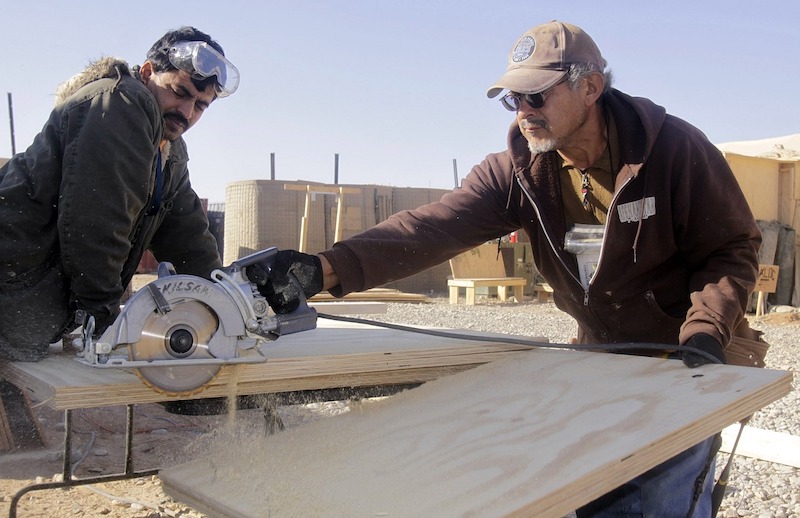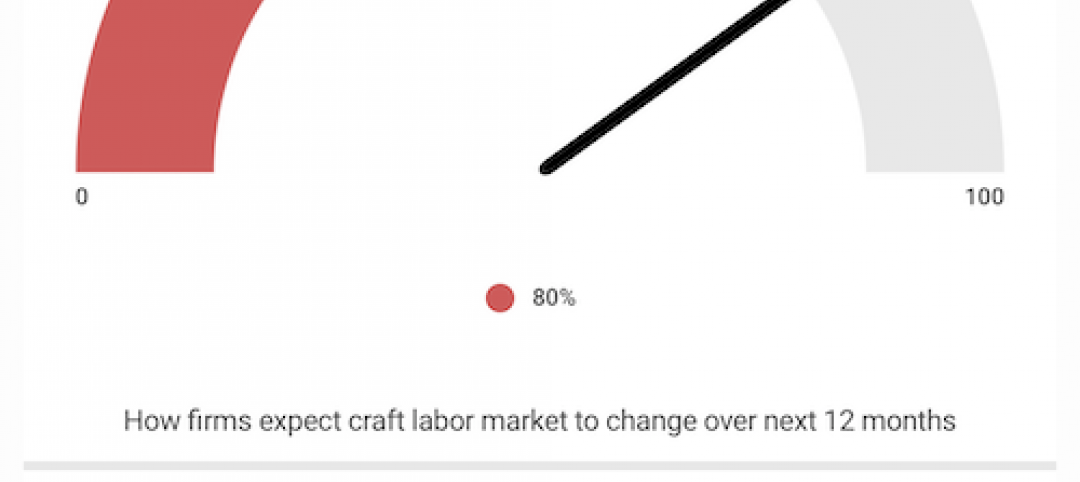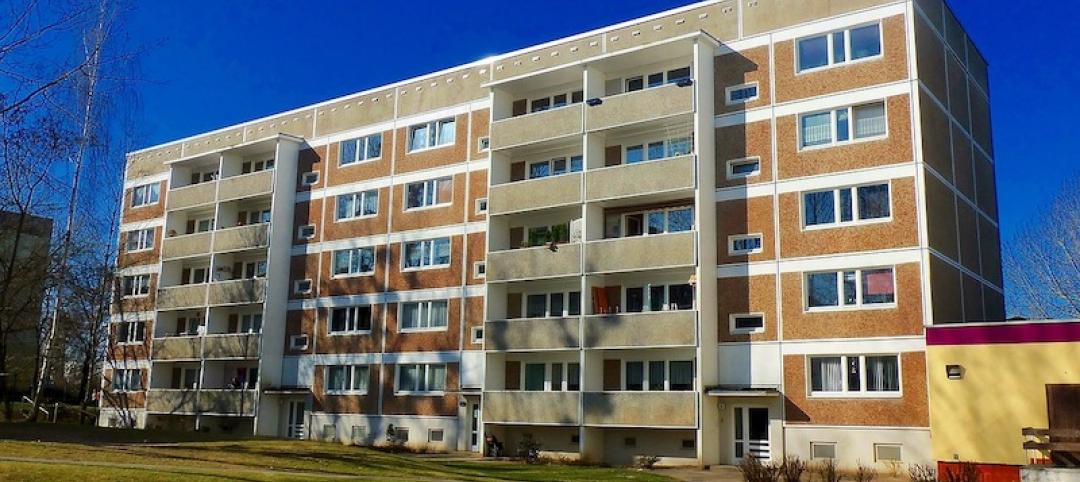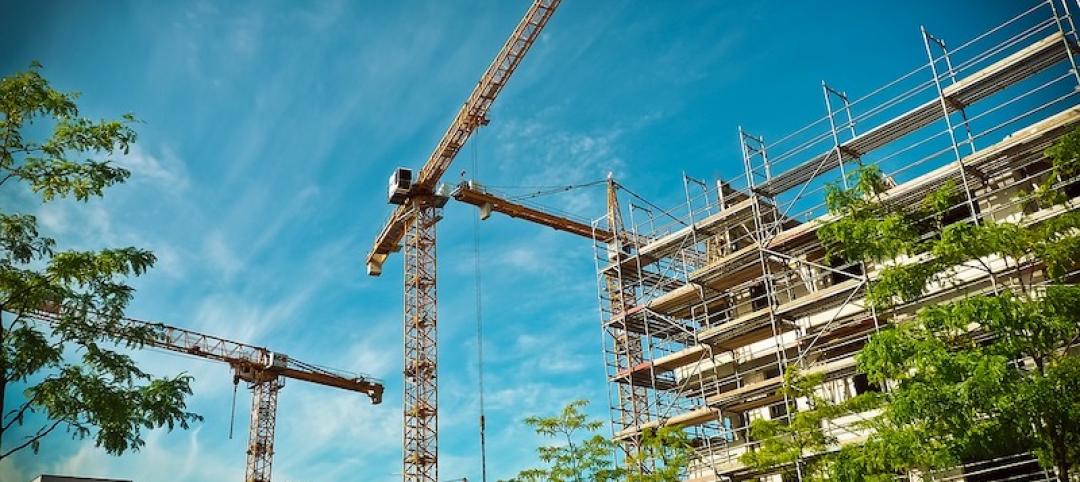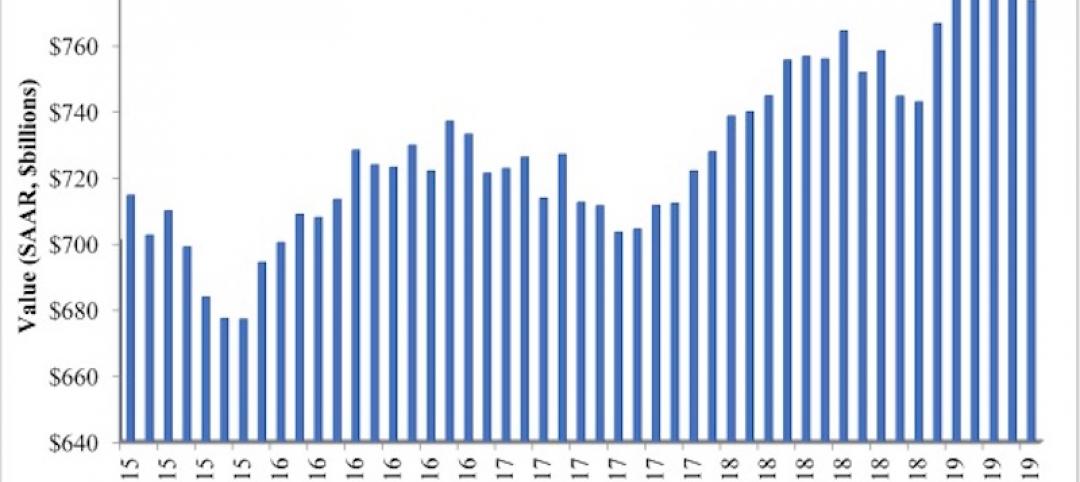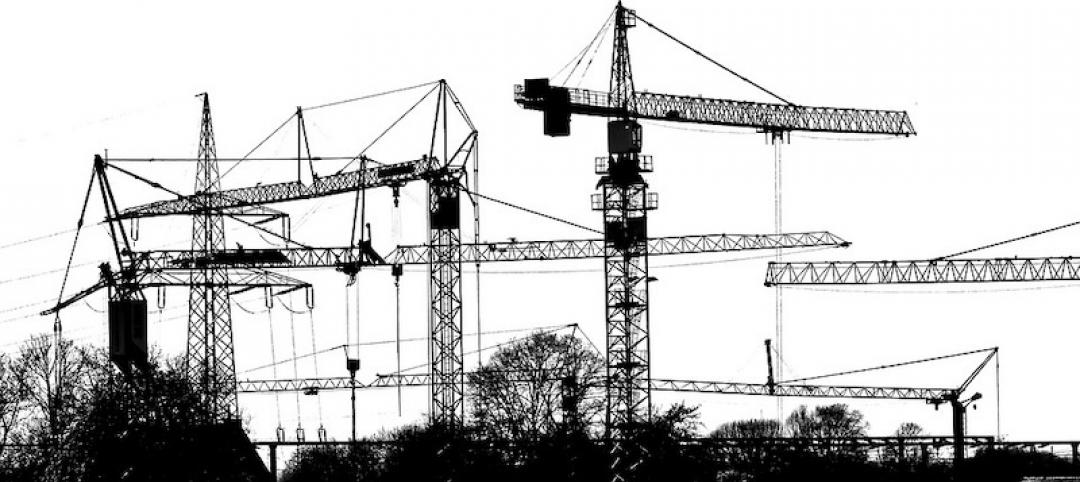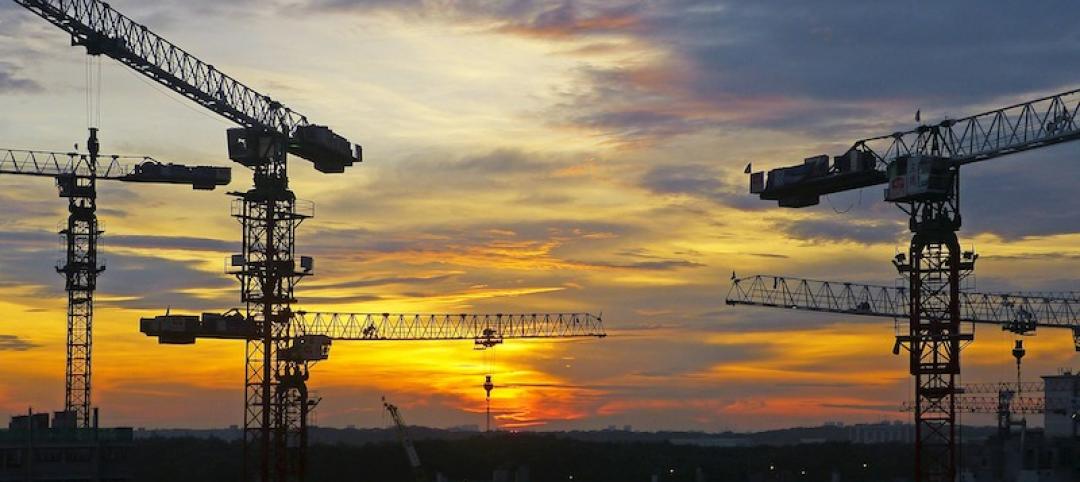The chief executive officer of the Associated General Contractors of America, Stephen E. Sandherr, issued the following statement in reaction to the release today of Senate Republican’s latest coronavirus relief measure, the Heals Act:
“Senate Republicans have crafted a relief measure that includes a number of vital provisions that will allow hard-hit construction firms to begin rebuilding their businesses and payrolls. Among the most promising of these provisions are liability reforms so construction firms that are protecting workers from the coronavirus will not be subjected to needless litigation. The proposal also includes important improvements to the Paycheck Protection Program and a much-needed expansion of the Employee Retention Tax Credit, both of which will help protect construction jobs.
“The measure also takes a more thoughtful approach than the existing federal unemployment insurance benefit by protecting unemployed workers without creating artificial barriers to returning people to good-paying jobs in sectors like construction. And the ambitious workforce development provisions in this measure have the potential to help millions of unemployed prepare for new careers in middle-class professions like construction.
“The measure is not without flaws, however. Most troubling is the virtual lack of funding for new infrastructure improvements. State transportation officials are coping with a $37 billion funding shortfall, declining revenues and the uncertainty that comes with the September 30 expiration of the existing highway and transit law. Additionally, public school, health and broadband infrastructure need federal investment to meet the challenges of operating during and after the pandemic. Ultimately, such new investments are essential to sustaining and rebuilding the American economy, which is why we will work to ensure they are ultimately included in a final relief measure.
“This proposed measure includes many provisions that will help the construction industry and the broader American economy. Combined with new infrastructure funding, it will help workers and employers avoid further economic harm. That is why we will work with leaders in both parties and both houses to see a final, fuller, measure enacted as quickly as possible.”
Related Stories
Industry Research | Aug 29, 2019
Construction firms expect labor shortages to worsen over the next year
A new AGC-Autodesk survey finds more companies turning to technology to support their jobsites.
Market Data | Aug 21, 2019
Architecture Billings Index continues its streak of soft readings
Decline in new design contracts suggests volatility in design activity to persist.
Market Data | Aug 19, 2019
Multifamily market sustains positive cycle
Year-over-year growth tops 3% for 13th month. Will the economy stifle momentum?
Market Data | Aug 16, 2019
Students say unclean restrooms impact their perception of the school
The findings are part of Bradley Corporation’s Healthy Hand Washing Survey.
Market Data | Aug 12, 2019
Mid-year economic outlook for nonresidential construction: Expansion continues, but vulnerabilities pile up
Emerging weakness in business investment has been hinting at softening outlays.
Market Data | Aug 7, 2019
National office vacancy holds steady at 9.7% in slowing but disciplined market
Average asking rental rate posts 4.2% annual growth.
Market Data | Aug 1, 2019
Nonresidential construction spending slows in June, remains elevated
Among the 16 nonresidential construction spending categories tracked by the Census Bureau, seven experienced increases in monthly spending.
Market Data | Jul 31, 2019
For the second quarter of 2019, the U.S. hotel construction pipeline continued its year-over-year growth spurt
The growth spurt continued even as business investment declined for the first time since 2016.
Market Data | Jul 23, 2019
Despite signals of impending declines, continued growth in nonresidential construction is expected through 2020
AIA’s latest Consensus Construction Forecast predicts growth.
Market Data | Jul 20, 2019
Construction costs continued to rise in second quarter
Labor availability is a big factor in that inflation, according to Rider Levett Bucknall report.


